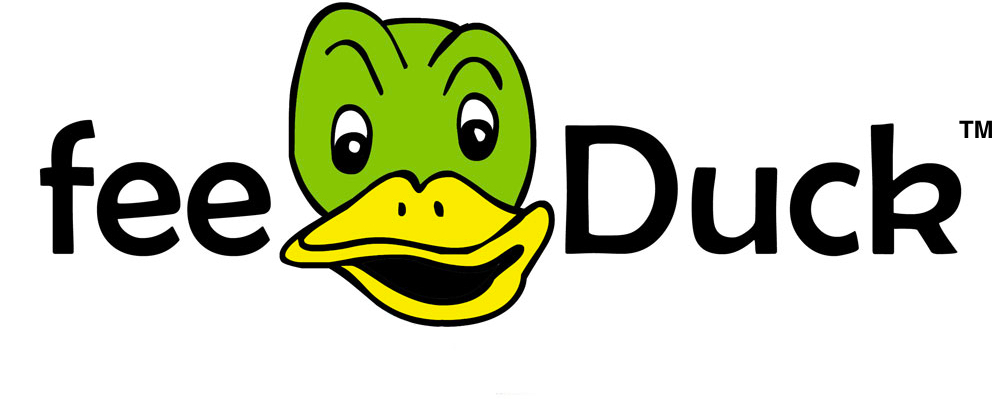The Mortgage Stress Test: What it Means for Homebuyers

It’s been almost a year and a half since the mortgage stress test was introduced, so we thought it was the perfect time to revisit it. There still seems to be some confusion out there about it. The mortgage stress test came into effect January 1, 2018, immediately impacting how much homebuyers qualify to borrow byway of a mortgage. Let’s take a closer look at the mortgage stress test and what it means for homebuyers.
What is the Mortgage Stress Test?
Unless you’ve been living under a rock, you’ve probably heard about the mortgage stress test. It’s been a popular topic of discussion in the media and around the watercooler at work. If you’re buying a home and making at least a 20 percent down payment, you’re affected by the mortgage stress test.
Before the mortgage stress test came into effect, you might have only had to qualify at your mortgage rate. However, that was then and this is now. Under the mortgage stress, you must qualify at the greater of your mortgage rate plus two percentage points and the Bank of Canada’s five-year benchmark rate (currently at 5.34 percent).
Let’s say you apply for a 5-year fixed rate mortgage at 3.49 percent. You’d need to qualify at 5.49 percent, since 3.49 percent plus 2 percent is higher than 5.34 percent. Make sense?
How Does the Stress Test Affect How Much Home I Can Afford to Buy?
If you’d like to purchase a home sometime this year, you’re probably wondering how the mortgage stress test impacts you. Compared to the old rules (prior to January 1, 2018), you’ll lose about 20 percent of your buying power under the stress test. For instance, you might have been able to spend $500K on a home before the stress test, but now you’re only able to spend $400K, a reduction of $100K in your buying power.
If you’re buying in a more affordable real estate market like Windsor or Sudbury, the stress test may not impact you much, but if you’re buying in a pricey real estate market like Toronto, it may mean the difference between buying a townhouse or a condo. Or you could find yourself “driving until you qualify.” Since you can no longer qualify to buy a home in Toronto proper, you might buy in somewhere more affordable like Hamilton. (Just don’t forget to factor in the added expense of commuting.)
How Has the Stress Test Impacted the Real Estate Market?
I’m not going to lie. The stress test has affected the real estate market, but it’s a matter of debate by how must. Some argue that it has had a huge impact, while others argue it has had a less significant impact. Nonetheless, you shouldn’t let the stress test affect you. If believe that homeownership makes sense for you and you’re determined to own a home no matter what, you’ll find a way. Whether it’s making a withdrawal from the bank of mom and dad, saving a larger down payment or buying with a sibling, these are all things that can help counteract the stress test and get you into your first home sooner rather than later. Happy house hunting!
Written by Sean Cooper
Sean Cooper is the bestselling author of the book, Burn Your Mortgage: The Simple, Powerful Path to Financial Freedom for Canadians. He bought his first house when he was only 27 in Toronto and paid off his mortgage in just 3 years by age 30. Sean’s helping others with their mortgages as an independent mortgage broker. Get in touch with him for all your mortgage needs. For a free mortgage consultation, email Sean@BurnYourMortgage.ca or call 647–867–3711.

